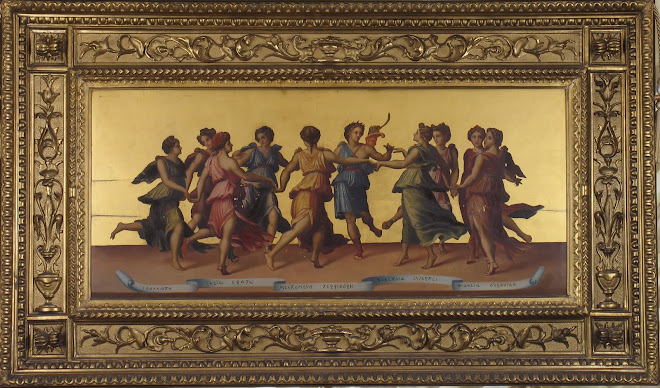Shakespeare was a master of the use of monosyllabic phrases. These are phrases, or sentences, composed of words of only one syllable.
Of course, the most famous monsyllabic phrase is:
"To be or not to be".
A monosyllabic phrase is, among other things, a verbal stage direction to the reader or the actor to slow down. This way Shakespeare forces the reader to bring attention to the words, which are intended to be read in an even, deliberate tone.
Here are a few favorite monosyllabic phrases. Note that the number of syllables in the phrase has meaning beyond its place in the structure of the verse form - the number of syllables has esoteric significance to various esoteric traditions:
Othello:
O my soul's joy! (4)
Hamlet:
Brief let me be. (4)
The Winter’s Tale:
Be stone no more. (4)
Julius Caesar:
Lend me your ears. (4)
Henry V:
O for a Muse of fire (6)
King John:
How green you are, and fresh in this old world. (10)
A Midsummer Night’s Dream:
It is not night when I do see your face. (10)
Macbeth:
I go and it is done. (6)
Hamlet:
The time is out of joint. (6)
Hamlet:
The Queen, my lord, is dead. (6)
Sonnet 18:
So long as men can breathe or eyes can see,
So long lives this and this gives life to thee. (20)
Sonnet 147:
For I have sworn thee fair, and thought thee bright,
Who art as black as hell, as dark as night. (20)
© 2009-2010 BardTalk
Copyright Notice:The content on this website is the property of BardTalk; it is not to be copied, reproduced, or transmitted in any form, by any means, in whole or in part, nor is it to be used for any purpose other than that for which it is expressly provided without the written permission of BardTalk.
skip to main |
skip to sidebar

The newest Shakespeare Portrait, the "Cobbe Portrait" from 1610, aged 46

Nine Muses and Apollo
"Be thou the tenth Muse" - All things William Shakespeare
"It is not night when I do see your face."

The newest Shakespeare Portrait, the "Cobbe Portrait" from 1610, aged 46
SHAKESPEARE LINKS
BE THOU THE TENTH MUSE

Nine Muses and Apollo